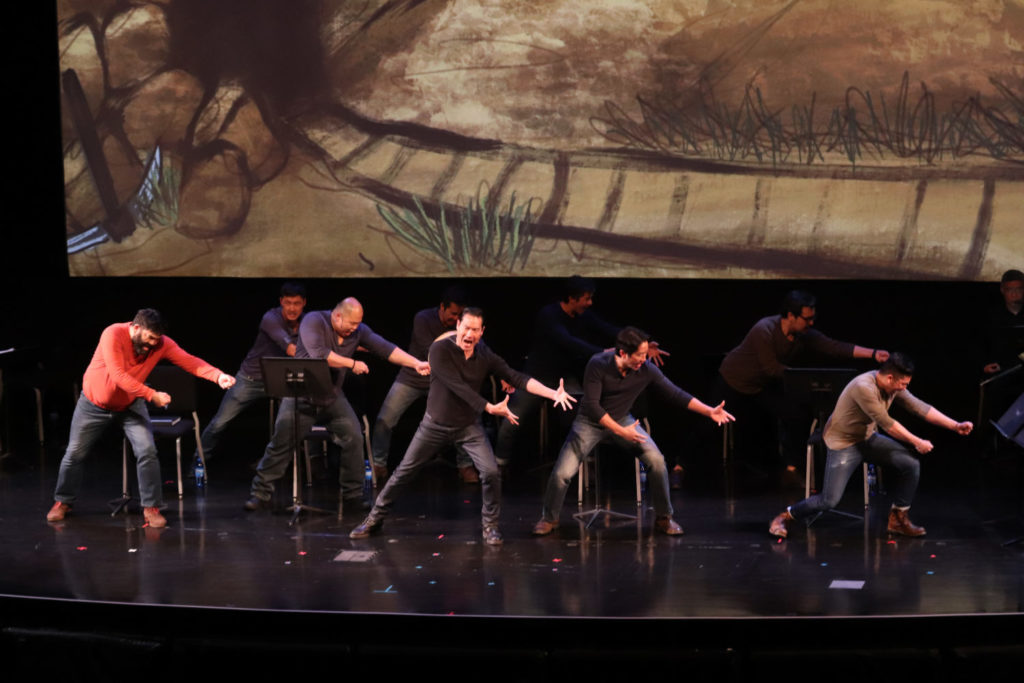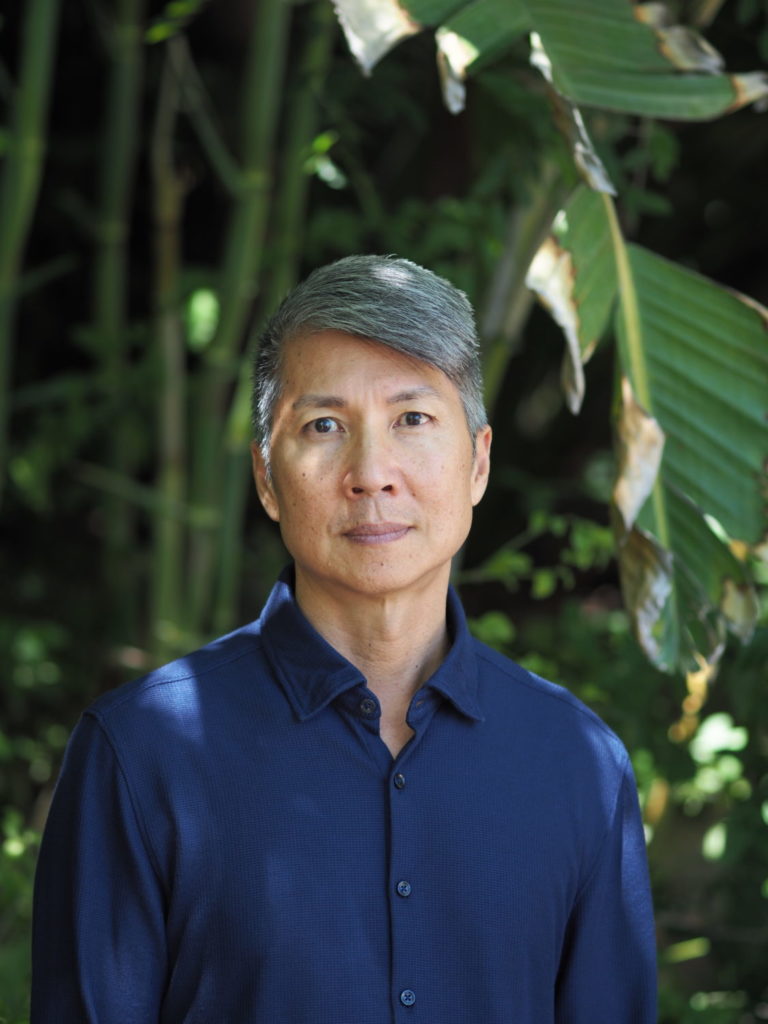It was around 1994 or ’95, and Jason Ma was a working actor and occasional songwriter in New York City. At that time, he was in a Broadway version of Miss Saigon because of course, and one night while literally waiting in the wings waiting to go on stage, he heard the fragment of a melody and he couldn’t get it out of his mind. “It was a welcome infusion of creative energy as the song unfolded over the next week,” Ma tells L.A. Weekly. “It was about homesick Chinese people on an American mountain.”
Ma asked himself the obvious questions. Who are these people? How did they get there and what are they doing? “I immediately thought about the Transcontinental Railroad,” Ma says, and he threw himself into intensive research as the story began to take shape. Now, more than 20 years later, Gold Mountain is an award-winning work of original musical theater, and that love song is the fulcrum of the storyline.
It’s a sort of Hidden Figures-meets-Hamilton vibe, with authentically traditional music blended with a more modern sensibility, so that not only its story but its inherent aesthetic reflects the unique voice shared by every generation who are the children of immigrants. “The play is a hybrid,” says Ma. “Like me.”

Gold Mountain, Utah performance (Lia Chang)
Ma recalls that in high school in California in the 1970s this part of history was not something that was ever taught — the role of Chinese labor in building the railroad. But it was tens of thousands of people, at its peak some 90 percent of the workforce. However, the identities of those men and women were very deliberately obscured, ignored and denied — quite literally erased from the history books. That’s part of what the work addresses, and what Ma saw as the urgency to humanize this anonymous collective, and create empathy. To acknowledge and celebrate the enormity of the Chinese community’s contribution to America.
But it’s also about expanding the visibility and representation of Asian characters in culture. “Each production is a showcase for Asian talent,” Ma says. “In the 90s, no one had any idea what I was trying to do.” Then he won the Cole Porter Award and everything changed. “People get it now,” he says. And not only because of the coincidence of it being the 150th anniversary of the completion of the Transcontinental Railroad, but also because of the current political climate with regards to immigration policy, Ma recognizes that it’s more important now than ever to talk about integration and inclusion. Well, to sing about it.

Jason Ma (Photo by George Hobica)
Advertising disclosure: We may receive compensation for some of the links in our stories. Thank you for supporting LA Weekly and our advertisers.

